
Miniature Horses, despite their diminutive size, face unique digestive challenges that require special attention from their caregivers. As the smallest equine breed globally, standing less than 34 inches tall at the withers and representing 5.1% of the horse population in the United States, these pocket-sized equines need specific digestive care to maintain optimal health [1].
Understanding the Mini's Digestive System
Like their larger counterparts, Miniature Horses have a complex digestive system designed for continuous grazing. However, their smaller size makes them particularly susceptible to various digestive issues [2][3]. Their compact digestive tract can become easily compromised, leading to serious health concerns if not properly managed.
Common Digestive Problems
Colic and Impaction
One of the most serious digestive issues facing Miniature Horses is colic, particularly impaction colic [2][4]. Their smaller intestinal tract makes them especially vulnerable to blockages [4]. Sand colic is particularly common in these small equines, occurring when they accidentally ingest sand or dirt while eating from the ground [2]. To prevent this, owners should feed their minis from appropriate-height feeders and consider regular psyllium supplementation in sandy environments.
Enteroliths and Fecaliths
Miniature Horses are prone to developing enteroliths and fecaliths – stone-like masses that form in the digestive tract [2]. These concretions typically develop from consumed debris and mineral deposits in the colon. Fecaliths, which are hardened masses of fecal material, are particularly common in minis due to their compact digestive system and sometimes inadequate water intake [2]. These conditions often require surgical intervention for removal.
Metabolic Issues and Gut Health
Miniature Horses are notorious "easy keepers" and prone to metabolic syndrome [4], which can significantly impact their digestive health. Their tendency to become overweight easily can lead to complications such as laminitis and other metabolic disorders that affect gut function [2]. Careful dietary management is essential to prevent these issues.
Prevention and Management Strategies
Proper Feeding Practices
- Provide consistent access to appropriate forage. Miniature horses with access to pasture may need to wear a grazing muzzle to slow down grass intake [2]
- Use slow feeders with 1-inch holes to regulate intake
- Maintain regular feeding schedules
- Ensure clean, fresh water is always available
- Monitor body condition carefully
Environmental Management
- Avoid feeding directly on the ground
- Provide appropriate exercise opportunities
- Maintain clean living conditions
- Use appropriate feeding equipment sized for minis
The Role of EquiNectar®
Natural digestive aids can play a crucial role in maintaining gut health in Miniature Horses. EquiNectar®, a digestive syrup derived from malted barley, offers a comprehensive solution for many common digestive challenges faced by minis. This supplement provides active digestive enzymes that support healthy digestion, promotes beneficial gut bacteria growth, and helps reduce the starch load on the large intestine. Its enzyme profile, including amylase, fructanase, phytase, cellulase, xylanase, and beta-glucanase, works synergistically to improve nutrient absorption and support optimal digestive function. The palatable formulation makes it particularly suitable for Miniature Horses, who can be notoriously picky eaters.
Warning Signs of Digestive Issues
Owners should watch for:
- Changes in appetite
- Lethargy
- Abnormal droppings
- Signs of colic (pawing, rolling, looking at flanks)
- Weight changes
- Decreased water intake
The Importance of Professional Care
Regular veterinary check-ups are essential for maintaining digestive health in Miniature Horses. These visits should include:
- Dental examinations
- Weight monitoring
- Parasite management
- Nutritional assessments
Dietary Considerations
Miniature Horses require carefully balanced nutrition that takes into account their unique needs:
- Low-sugar, low-starch forage (ESC + starch below 10%) [2]
- Appropriate vitamin and mineral supplementation
- Carefully measured portions
- Limited access to lush pasture
Special Considerations for Different Life Stages
Young, senior, and breeding Miniature Horses may require different approaches to digestive health management. Pregnant mares, in particular, need careful monitoring as their compact size can lead to complications that affect both digestive function and overall health [2].
Research and Future Developments
Ongoing research continues to improve our understanding of digestive health in Miniature Horses. The American Miniature Horse Association and various equine research institutions are working to develop better management strategies and treatments for common digestive issues in this unique breed.
Regular monitoring, appropriate feeding practices, and prompt attention to potential problems are key to maintaining digestive health in Miniature Horses. By understanding and addressing their unique needs, owners can help ensure these charming small equines live healthy, comfortable lives.
References
- Cochran, C. (2024, May 6). Top 14 Most Popular Horse Breeds in North America. MB Mad Barn.
- Cochran, C. (2024, May 8). Miniature Horse Breed Guide: Health, Nutrition & Characteristics. MB Mad Barn.
- Food and Agriculture Organization of the United Nations. (2022). Breed data sheet: American Miniature/ United States of America Horse.
- The University of Edinburgh. (n.d.). Diseases of Miniature Horses.



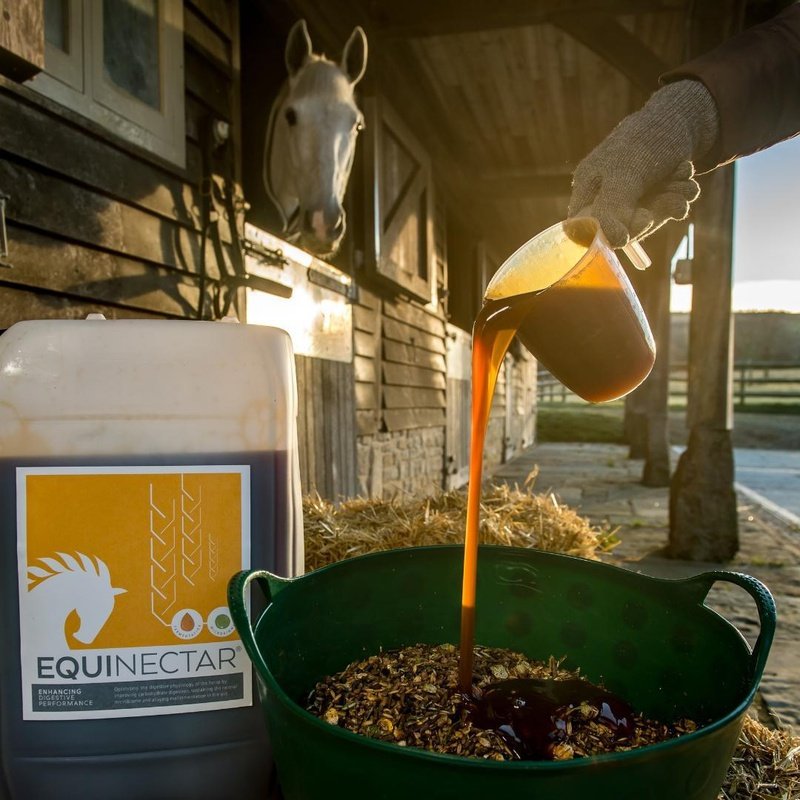

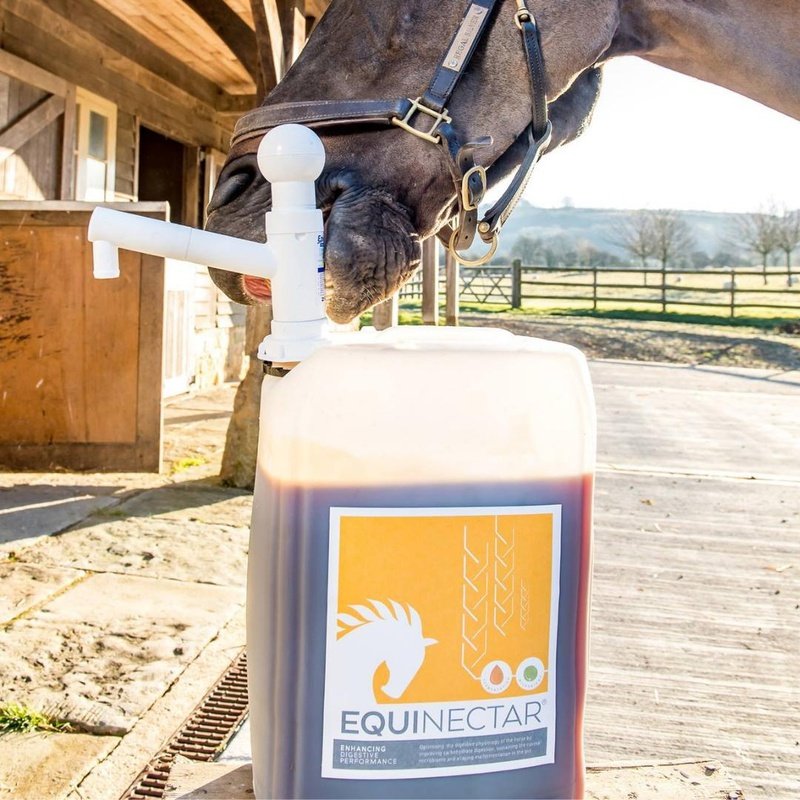
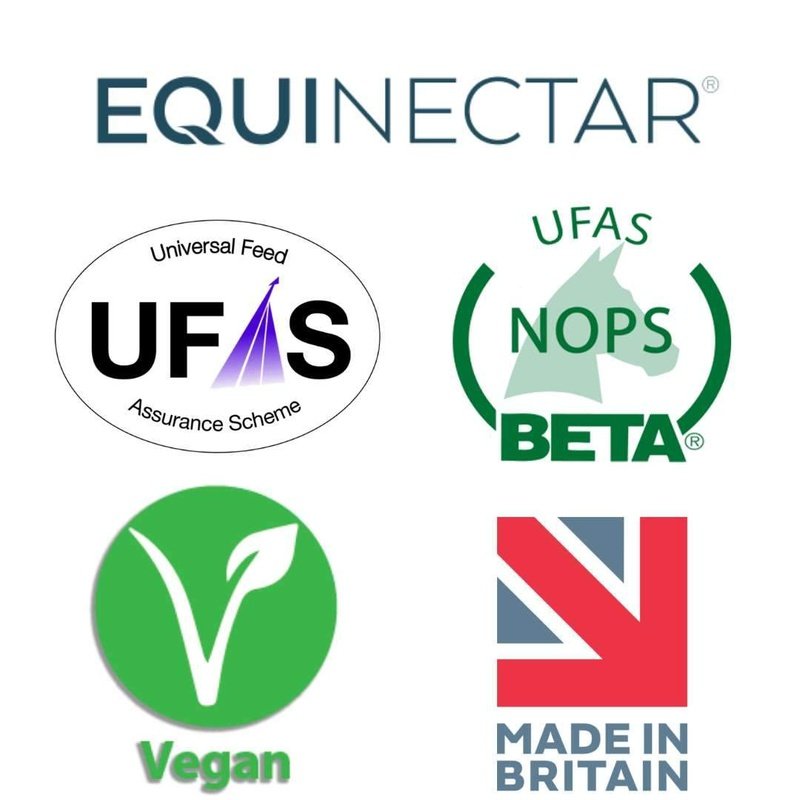
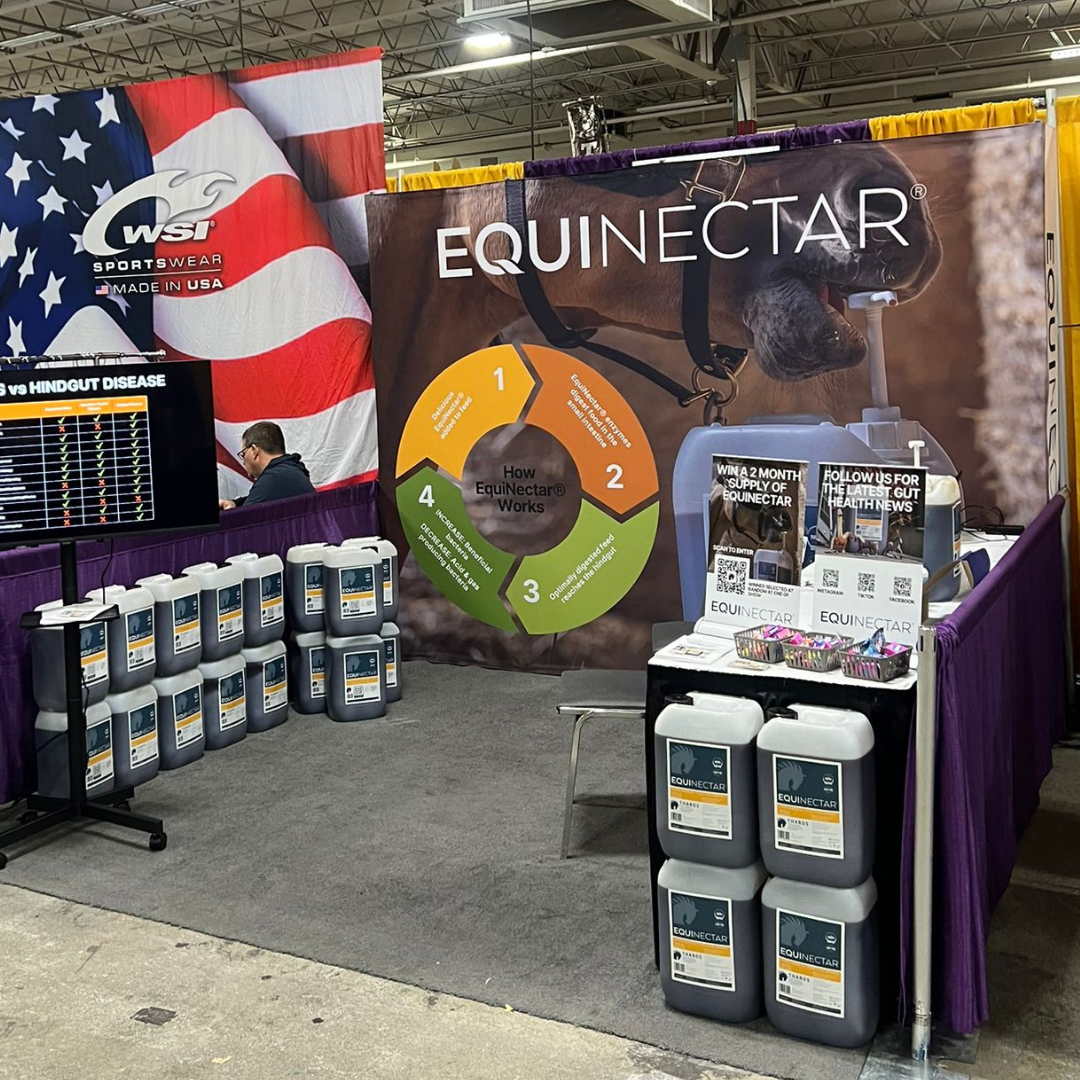

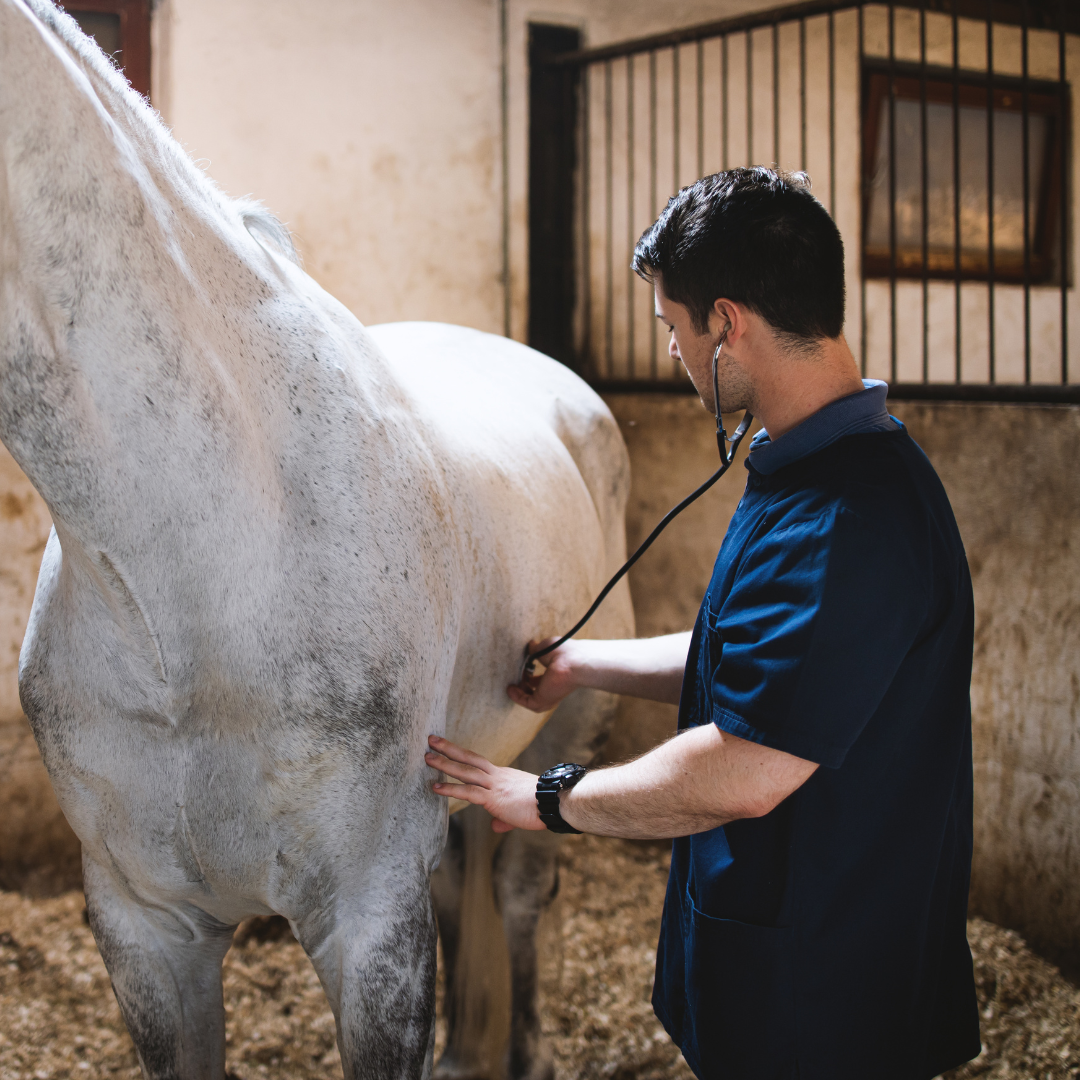
Share: